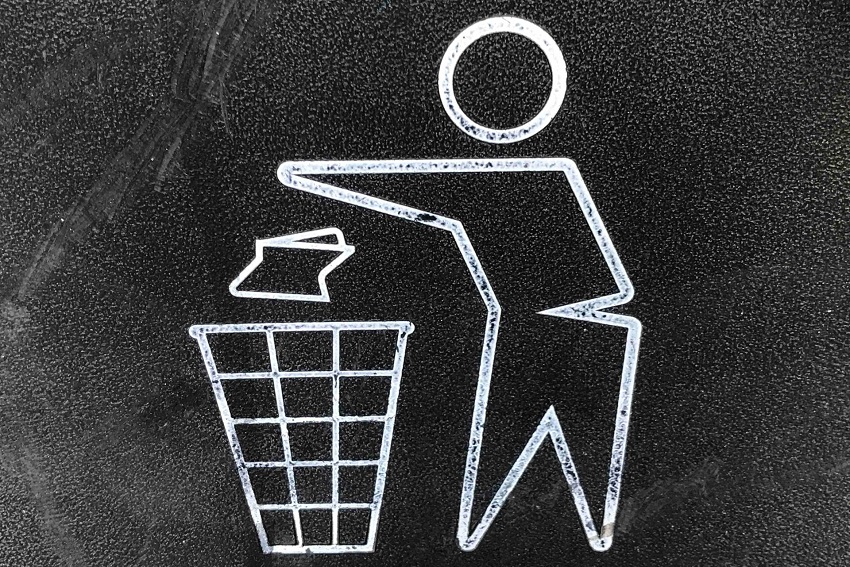Life’s busy and the last thing you want to be doing late at night is scraping food leftovers from a ready meal container or washing up an empty dog food tin. How many times have you said: ‘It’s just one tin can/plastic tray/cardboard carton, it won’t make that much difference. Do I really need to bother?’
If you want your recycling to count, it turns out you do. Food residue is a form of contamination because when it is left on containers, they cannot be reliably processed. If contamination levels are too high when a recycling load arrives at a facility, it might have to be rejected. If this is the case, then the whole load is sent to be burnt for energy or to landfill. [Source: Metro].
If you have ever virtuously put your takeaway pizza box out for recycling only to find the binman has left it behind the next day, this is why. As soon as the cardboard has any amount of grease on it, it risks contaminating the rest of the recycling load.
Would it make you think twice about tossing that tainted tin in the bin if we told you that the UK alone generated 222.9 million tonnes of waste in 2016, with England responsible for 85% of the UK total [Source: Department for Environment Food & Rural Affairs]? Furthermore, the UK recycling rate for waste from households was only 45.7% in 2017.
Is the consumer to blame or should supermarkets be doing more to aid shoppers in the war against plastic and waste? According to a recent survey, a whopping 80% of consumers believe supermarkets aren’t doing enough to prevent single use plastic waste, and a further 89% said they have taken action by avoiding single use plastic bags, excessive packaging or bringing their own bags and packaging [Source: Retail Gazette].
It helps that initiatives such as the 5p plastic bag charge were introduced in October 2015 and in its first year of use, the purchase of plastic bags was down by a huge 89% [Source: The Guardian]. Earlier in the year, Walkers Crisps introduced a new scheme offering points in return for recycled crisp packets [Source: Walkers].
To make your recycling efforts as effective as they can be, cleaning your waste properly and separating your recycling at source is one of the simplest ways you can contribute to better recycling rates.
At DCW, we are passionate about recycling and advising on the best waste management solutions for your business. On 1st January, we’ll be introducing our new Circular Economy Scheme to create a sustainable circular economy for commercial recycling in the South West. To achieve this we need your help to improve the quality of our recycling and help the environment.
Currently only 44% of UK waste is recycled – the EU target for the UK is 50%. DCW’s recycling rate is 44% compared to the UK average, which can be as low as 16%. By separating your recycling at source into separate sacks we can increase the recycling rate up to 94% – that’s a 50% increase on recycling that we will achieve through the DCW Circular Economy Scheme.
To find out more about the DCW Circular Economy Scheme or to opt-in, simply call the DCW team on 01392 537126 or email sales@dcw.co.uk.
To view the full DCW Circular Economy Scheme brochure, please click here.
